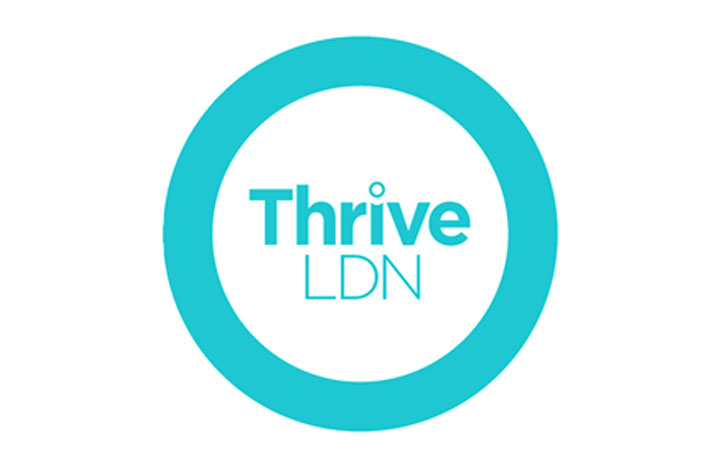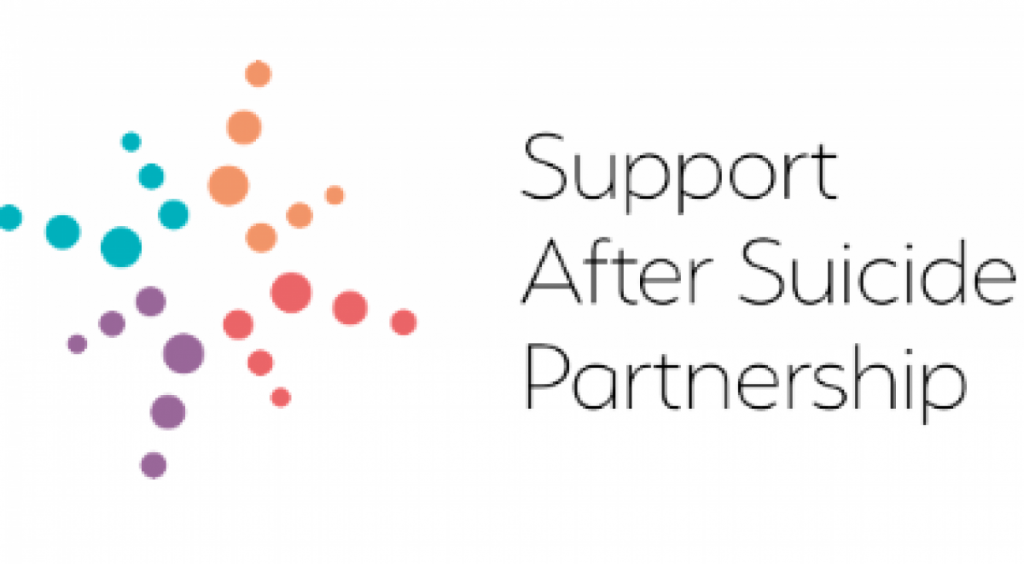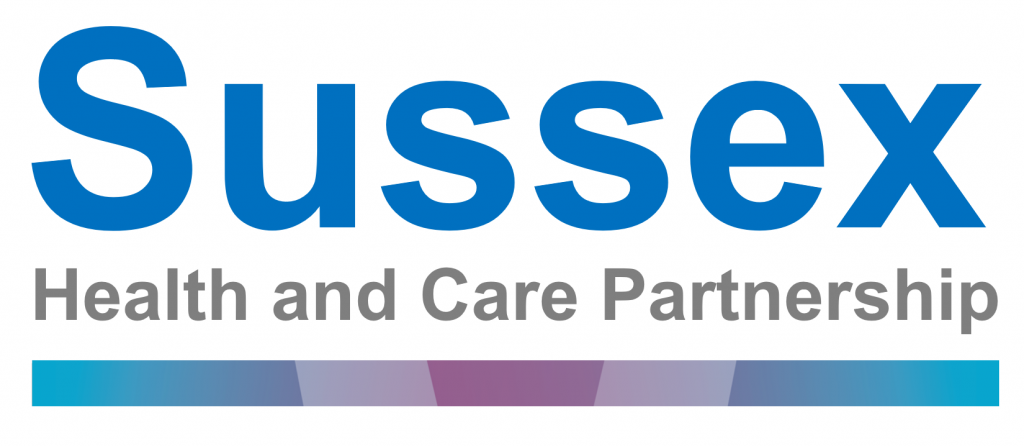Advice at a glance
We hope that, whatever your personal experience, this resource has helped you to understand your responses and find ways to support yourself or others. Here are some of the key points to remember when you have experienced the suicide of someone that you do not know.
Witnessing a suicide is stressful and traumatic. The brain’s response to this can lead to physical and emotional changes that can affect everyone differently.
There is no ‘right’ way to feel and to react, just as there is no set timetable for when you will have your strongest response. Take each day as it comes and allow yourself as much time as you need to process and recover.
Look after yourself, try to stick to a routine of sleeping and eating. Get fresh air and stay active. Avoid drugs and alcohol as a way to cope.
Talk to others. Show them this resource if you feel that it will help them to understand what you are going through. If you do not want to talk to people you know, or the incident happened at work and you do not want to talk to managers, there are so many organisations who are there to support you.
Take a little time out to try some of the exercises we have described. They really do work as a way to think, to process and to move on.
And most people will be able to recover and move on. If that doesn’t happen for you, however, talk to your GP. You might find that you are still having strong reactions some weeks after the incident, or you might be struggling to get back into your normal routine. Your GP will be able to help to work out what else you might need to recover.
Finally, remember that you are not alone. We have included just a few of many stories from people just like you, who have experienced the suicide of someone they don’t know. There will always be someone who understands what you are going through.
Grassroots Suicide Prevention
Grassroots is a UK leader in suicide prevention. We help to create safe spaces in our communities for lifesaving conversations about suicide. We support people to develop the skills and confidence needed to save lives.
Thrive LDN
Thrive LDN is a citywide movement to improve the mental health and wellbeing of all Londoners. It is supported by the Mayor of London and led by the London Health Board partners.
Thrive LDN is the regional lead for suicide prevention in London on behalf of NHS England. As part of that role, they facilitate the multi-agency Thrive LDN Suicide Prevention Group to deliver citywide projects to prevent suicide and support those affected by suicide.

Support After Suicide Partnership
SASP is a UK-wide network of over 100 members and supporters, ensuring that everyone bereaved or affected by suicide is offered timely and appropriate support.
Sussex Health and Care Partnership
Across Sussex, the NHS and local councils that look after social care and public health are working together to improve health and care.
The Sussex Health and Care Partnership (SHCP) brings together 13 organisations into what is known as an integrated care system (ICS). We take collective action to improve the health of local people, ensure that health and care services are high-quality and to make the most efficient use of our resources.



